To live a more earth-friendly life

2020 is the year of a lot of things: hipsters getting excited about jazz again, deals on Lasik eye surgery, and it's a leap year. Most importantly, it’s a time to start living a more eco-friendly life!
Going totally zero-waste or vegan may seem overwhelming, so here’s just 20 ideas to help you get started in 2020. When it comes to things like plastic bottles, use up what you have, and don’t try to do everything at once - every little bit counts!
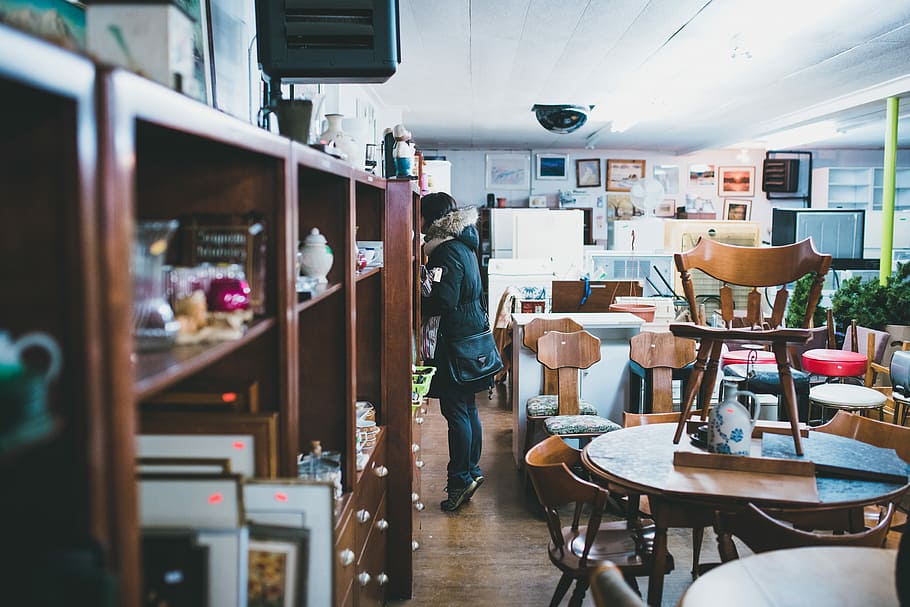
Declutter and donate - Whether you celebrate Hanukkah, Christmas, Kwanzaa, or something else, chances are you got a few gifts this year. Take stock of your stuff. If you have gently used clothes you or other family members have grown out of or no longer wear, consider donating them to charity, or bring them to a store like H&M to be recycled. Clothing that is no longer wearable can be cut up into cleaning rags, or salvaged to patch up inevitable holes in your jeans (plus, old t-shirts can be made into reusable bags - see No. 10). Other items, like pots and pans, furniture, and so on, can also be donated to secondhand stores. Blankets and sheets can possibly be donated to homeless or animal shelters (call ahead to check first). Cancel magazine or newspaper subscriptions that you read online anyway and recycle any copies of them laying around your home. Go through CDs, DVDs, and books - look into selling them, or donating them to your local library. Take a deep breath in your newly decluttered space and set intentions for the year ahead!
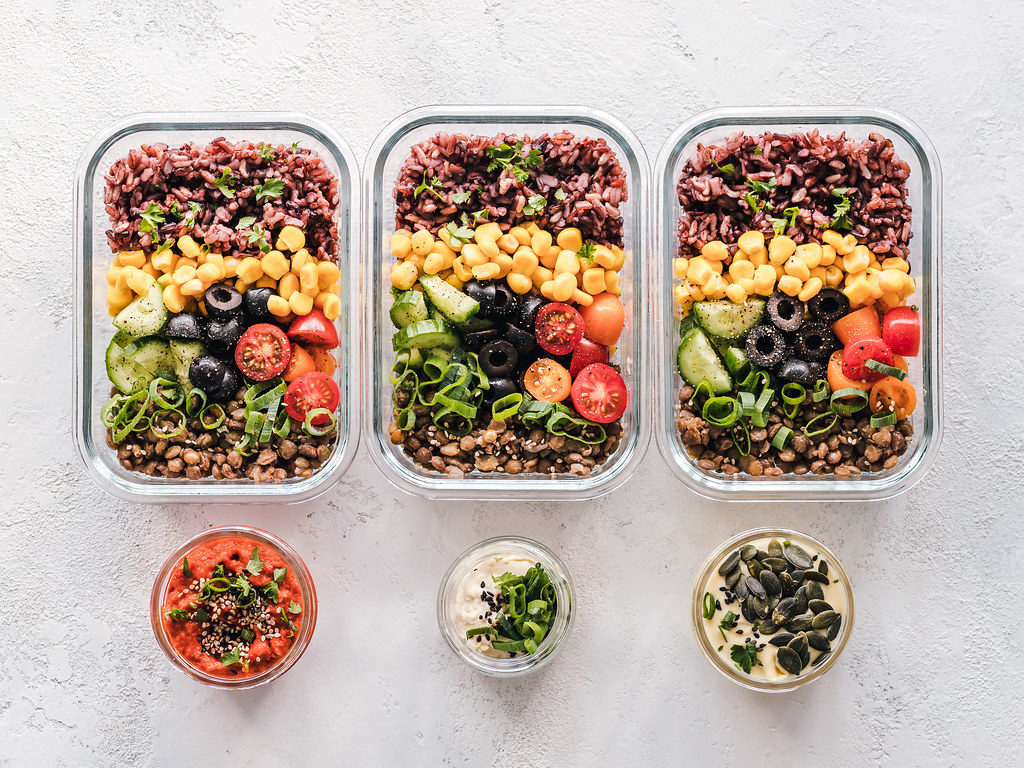
Start planning your meals. According to the Food and Agriculture Organization of the United Nations, roughly one-third of all the food produced in the world for human consumption gets lost or is wasted. In the U.S., it’s estimated between 30 and 40% of the food supply is wasted. Planning your meals ahead and only buying the ingredients you need can help cut back on wasted food. Also, know when your food actually goes bad - just because your kale or spinach is a little wilty, doesn’t mean it’s inedible! If you’re concerned about whether or not food is still safe to eat after a few days, search the internet for your answer. Freeze food that you don’t think you’ll eat in time.

Cook at home. Not only is it more cost-effective and healthy, it means you don’t end up needing or using takeout containers or plastic utensils.
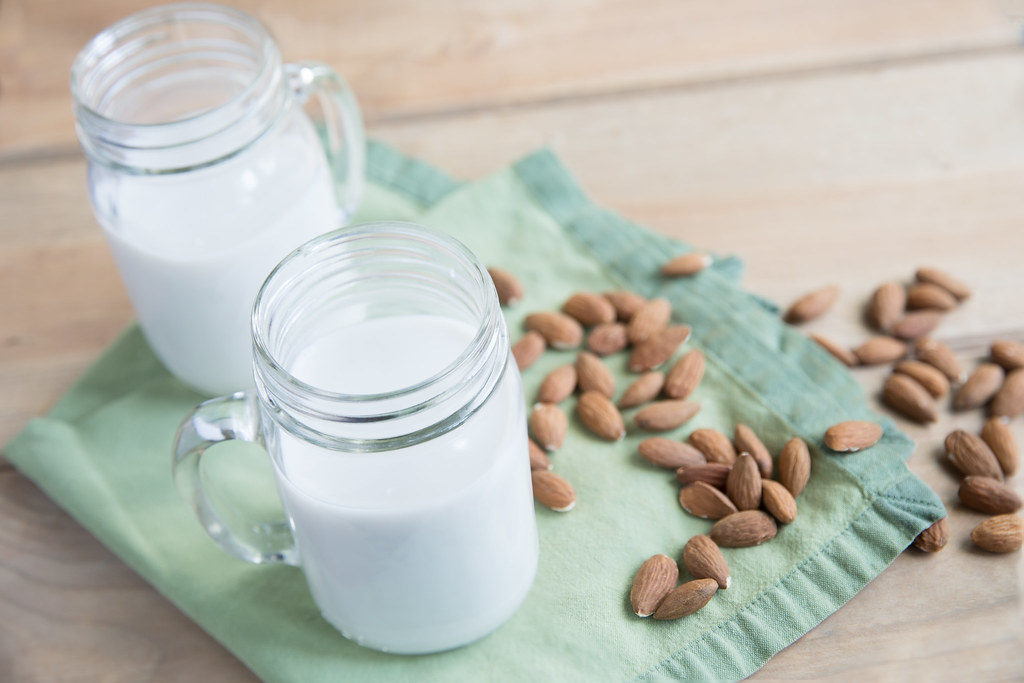
DIY your diet staples. Since you’re cooking at home anyway...think of something you consume regularly that could easily be made at home. Salad dressings, plant-based milks and nut butters can all be made at home in 30 minutes or less with very basic kitchen equipment.
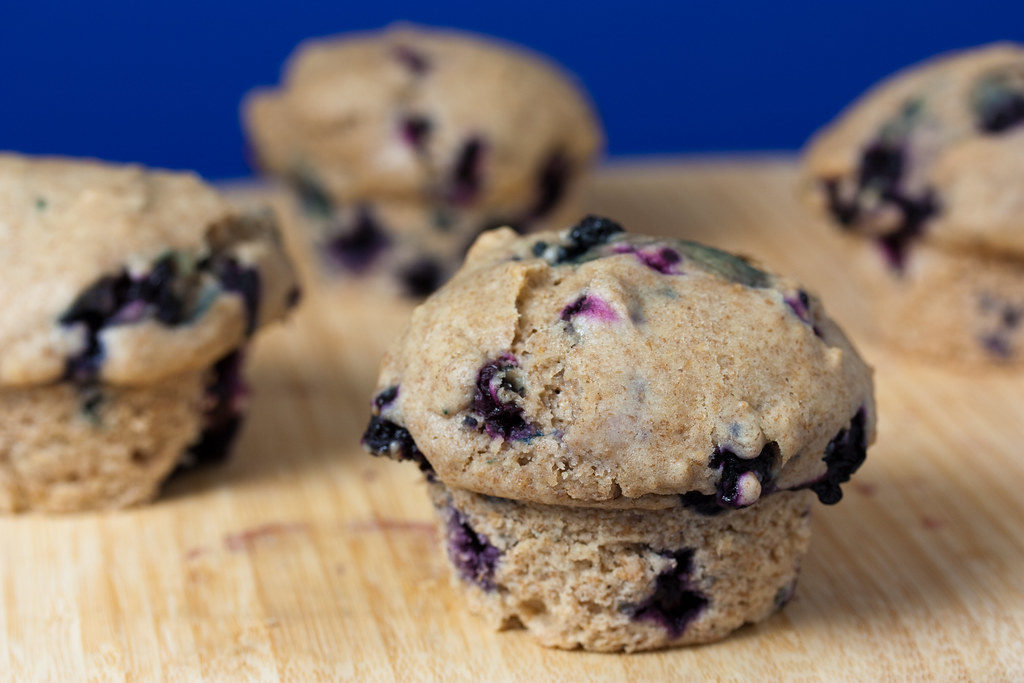
Experiment with vegetarian/vegan recipes. Replace meat with beans in tacos, or bulk up lasagna with extra veggies. There are tons of recipe bloggers, vegan and non-vegan, with plenty of easy plant-based recipes perfect for home cooks, whether you’re just a beginner or more advanced! Plan to have at least one meatless meal during the week. If you’re feeling up to it, you can even try having one meatless meal everyday!
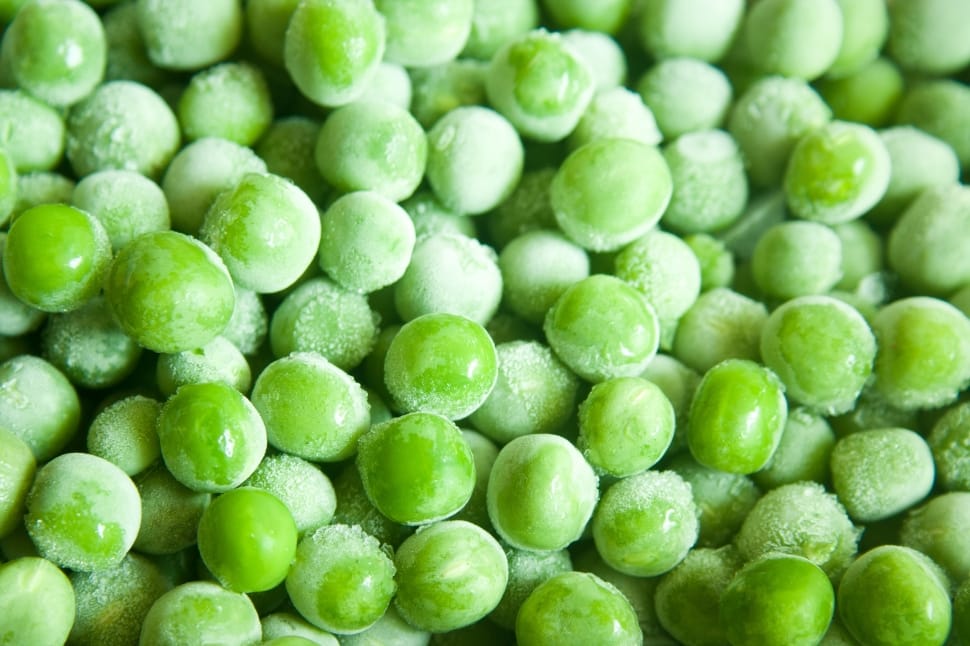
Freeze food you can’t finish. Freezing vegetables and fruits can give them new life in smoothies or baked goods, and freezing meals can make for quick dinners in the future! Find tips on how to freeze things without using plastic by checking out these blog posts:
How to Freeze Food without Plastic - treehugger
Plastic-Free Freezer Storage Ideas - Sweet Peas and Saffron
How to Freeze Food without Using Plastic - Zero Waste Chef
8+ Easy Tactics for Less Waste - Attainable Sustainable

Start composting. Having a yard is the easiest way to start composting, but there’s still a lot you can do if you live in an apartment or somewhere else without a yard. See if your city has some sort of composting program. You can try giving away compost to your neighbors or use it to feed your houseplants - or even invest in a tabletop composter! Compostable items don’t break down in landfills because there isn’t enough oxygen. Keep your banana peels and eggshells out of the trash and prevent tons of waste!
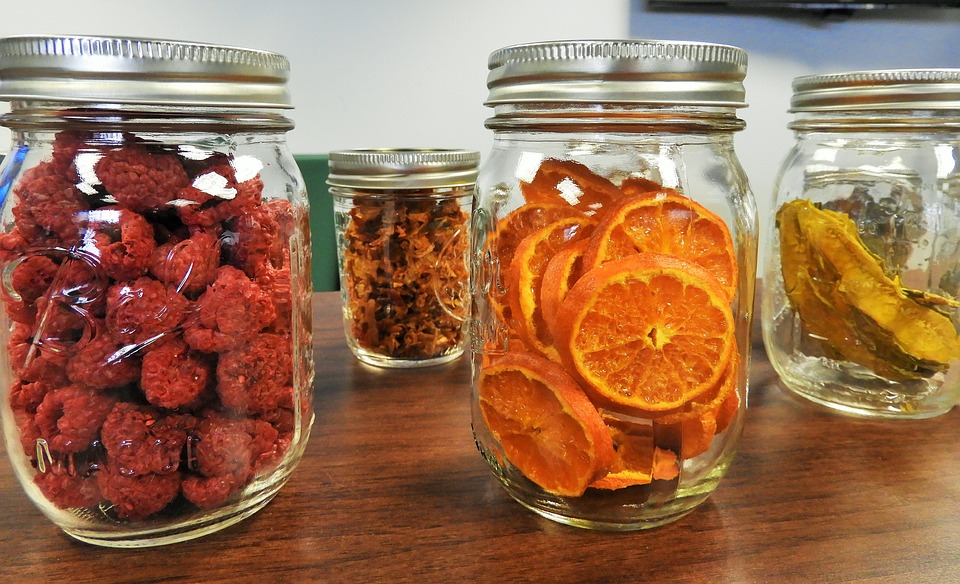
Bring your own containers to take home food. If you know you’re going to eat out, bring your own containers for leftovers. Yeah, you might feel awkward pulling them out - but isn’t creating waste more embarrassing? Mother Earth will thank you.
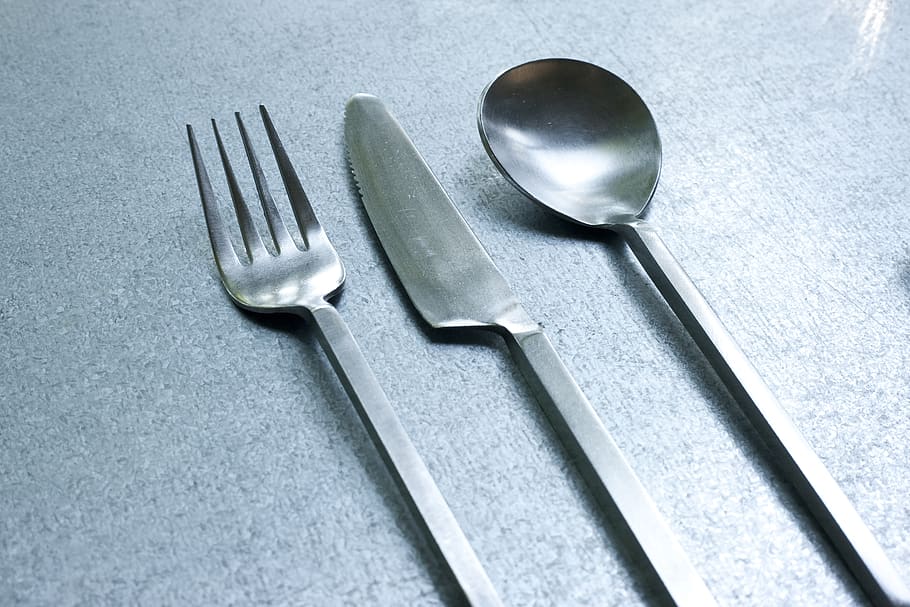
Carry reusable utensils with you. Commit to carrying your own reusable utensils (including a straw) to work or school for lunch each day, and keep them with you just in case. It’s great if you already have these things, but if you keep forgetting them at home, they’re not doing much good.
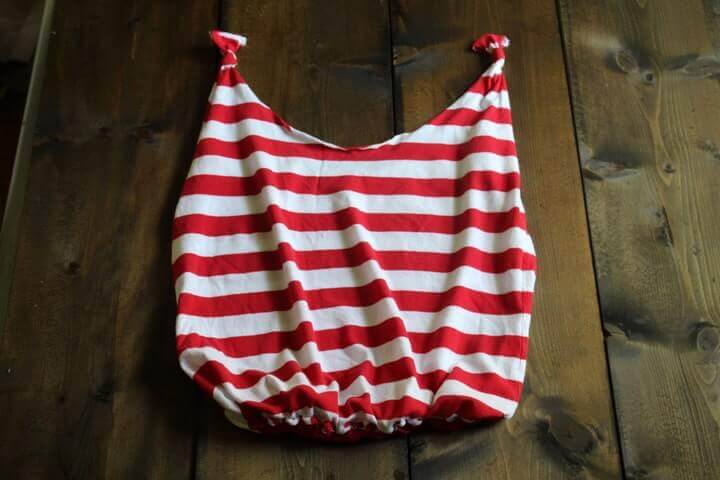
Invest in reusable bags. You’ll want big bags to carry your groceries or other purchases out of the store. For grocery shopping, you can also find (or make) smaller bags for things like produce or purchasing things from bulk bins (another great way to cut down on waste!). Check out this tutorial on how to turn an old t-shirt into a grocery or produce bag, no sewing required!

Shop secondhand, first. There are some things you’ll want to buy new (like underwear, or toothbrushes), and there are a lot of cool brands making things like clothing out of recycled plastic, but the most eco-friendly shopping you can do when it comes to clothing or home goods is to check out the thrift store first. You never know what you might find!

Rent or borrow. Sure, snowmobiles, jet skis and other things like that are cool - but how often are you going to end up using them? If you’re interested in trying out a hobby, or maybe you need a specific power tool for one project, ask around first to see if you can borrow one from a neighbor. More and more companies are popping up as well that allow you to rent out other people’s stuff (and rent yours out to make some extra cash!). Renting an item first will help you make a more thoughtful purchase - or maybe no purchase at all.
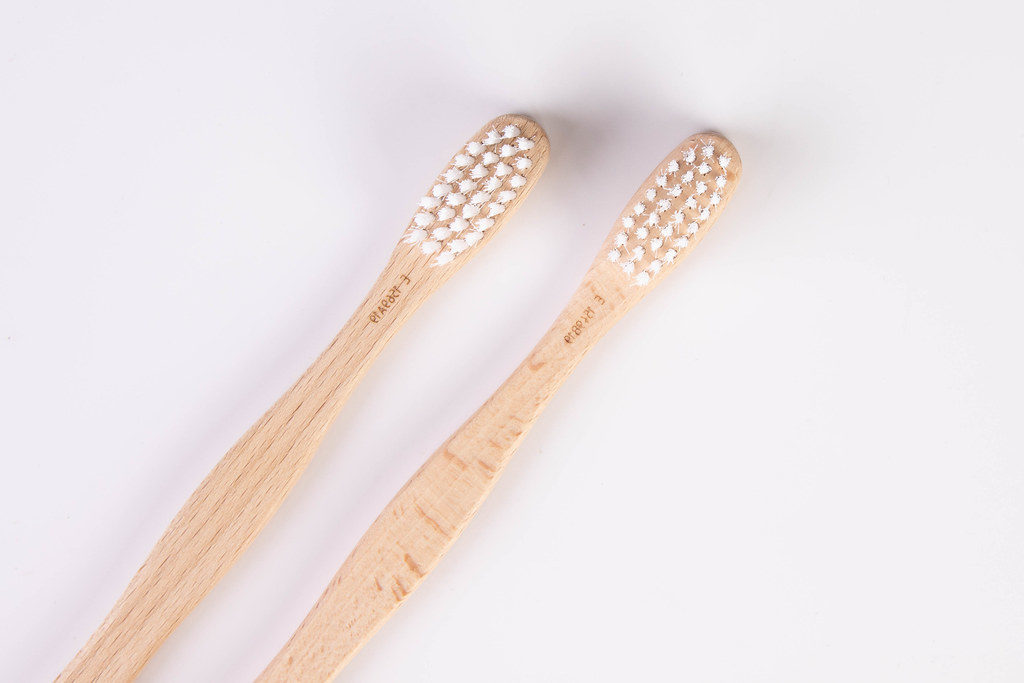
Buy the most eco-friendly option. Some things you simply need to replace, and we certainly don’t advocate just throwing everything out immediately if it isn’t made of biodegradable material. As things break or need to be replaced, search for the most eco-friendly options. Need a new phone case? How about a Pela Case? Need a new TV, laptop, etc.? Find sustainable electronics using the EPEAT registry. There are also companies making things like bamboo toothbrushes and compostable dental floss - search them out, instead of just searching the hygiene aisle of the grocery store.
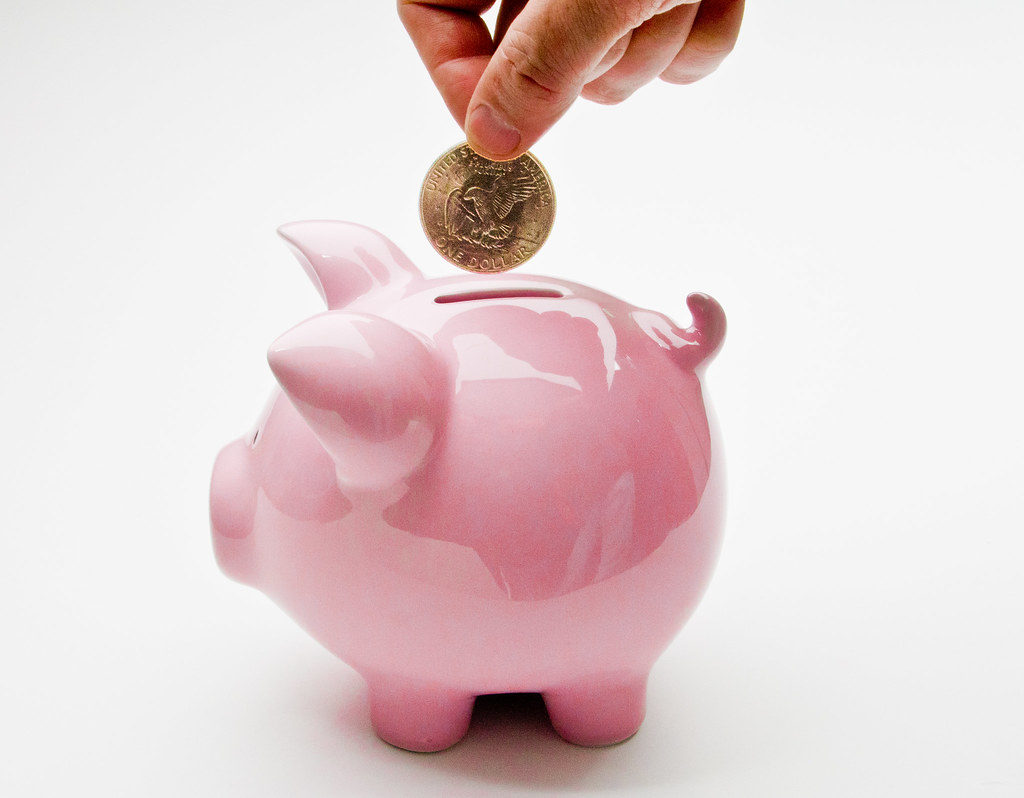
Save up for your purchases. A lot of eco-friendly products are more expensive, even though they may be cheaper in the long run. Plan ahead if you know you’ll be replacing items in your home and start saving for your purchase, or start saving to buy things that will help you use less plastic, like silicone bags or beeswax wrap.
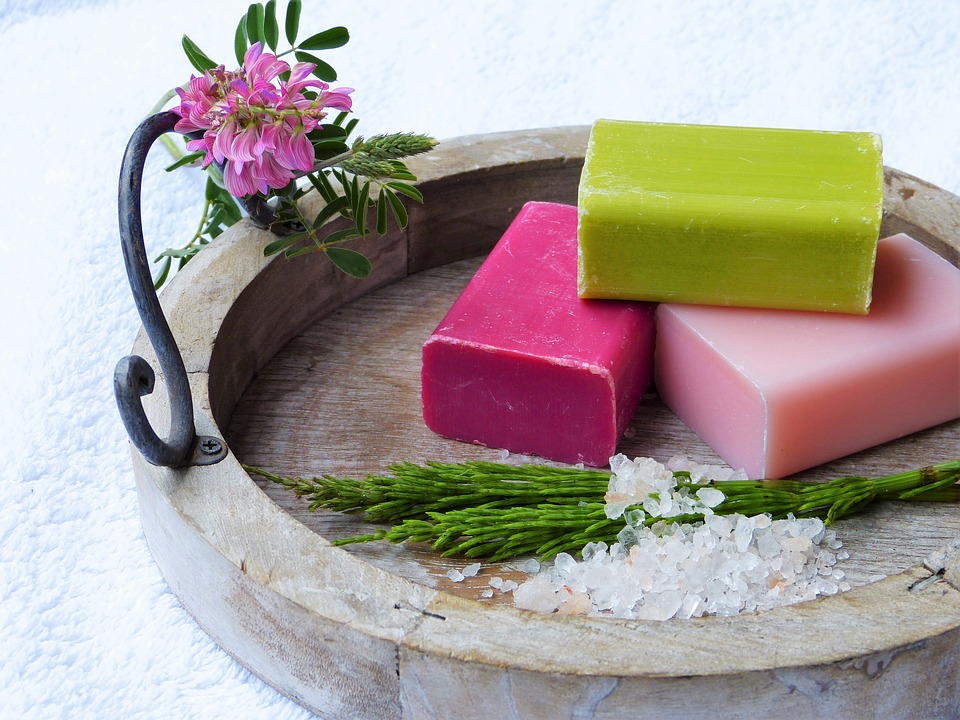
Switch to bar soap. This is one of the easiest, cheapest swaps you can do. Switch to bar soap for your face, hands, body, and even hair! Shampoo and conditioner bars are becoming more common, and many of them last for more washes than traditional bottled shampoo. You’ve just saved five plastic bottles from your bathroom! They even make moisturizing lotion bars - that’s six bottles!
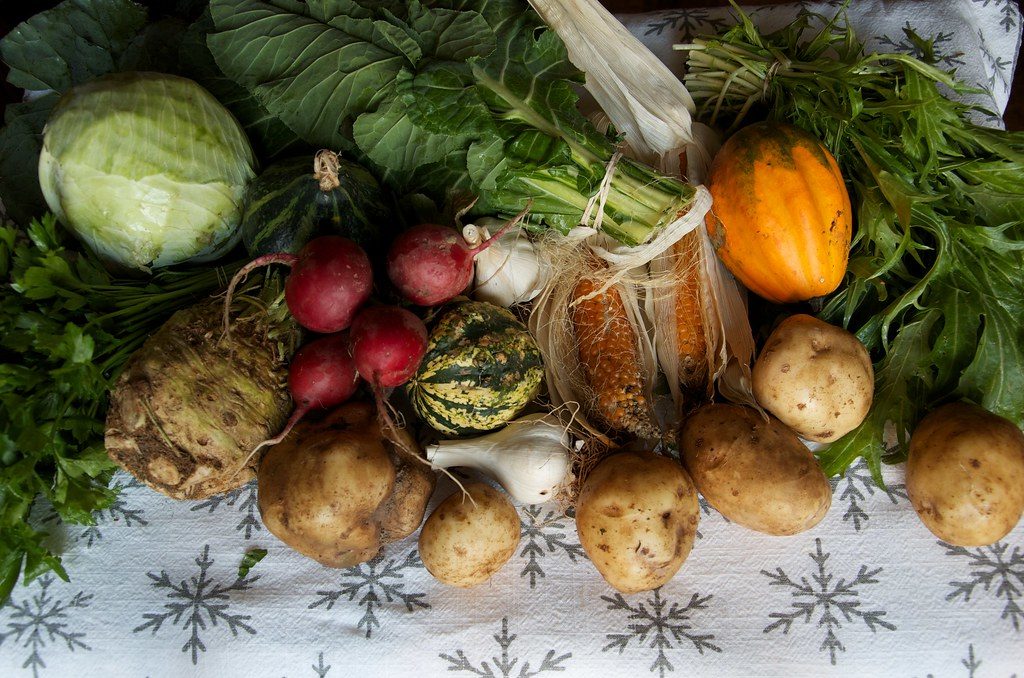
Support local agriculture. Do a quick internet search to find local farms in your area, and then see if they offer a CSA, or Community Supported Agriculture, where you can purchase fresh produce. Not only is in-season, local produce better for you, it’s better for the environment because the food doesn’t have to travel far to get to you, AND it supports the local economy! Win-win-win! Most CSAs will only be available beginning in spring and ending in fall, but you may even find a local greenhouse that grows things all year long. If you're not sure about committing to a subscription, check out local farmer's markets.

Use your library. New books are beautiful and fun - but how many books do you read over and over again? Instead of buying brand new books all the time (or CDs, or movies), check out your local library first. Not only are you reducing waste, you’ll also reduce clutter in your home.
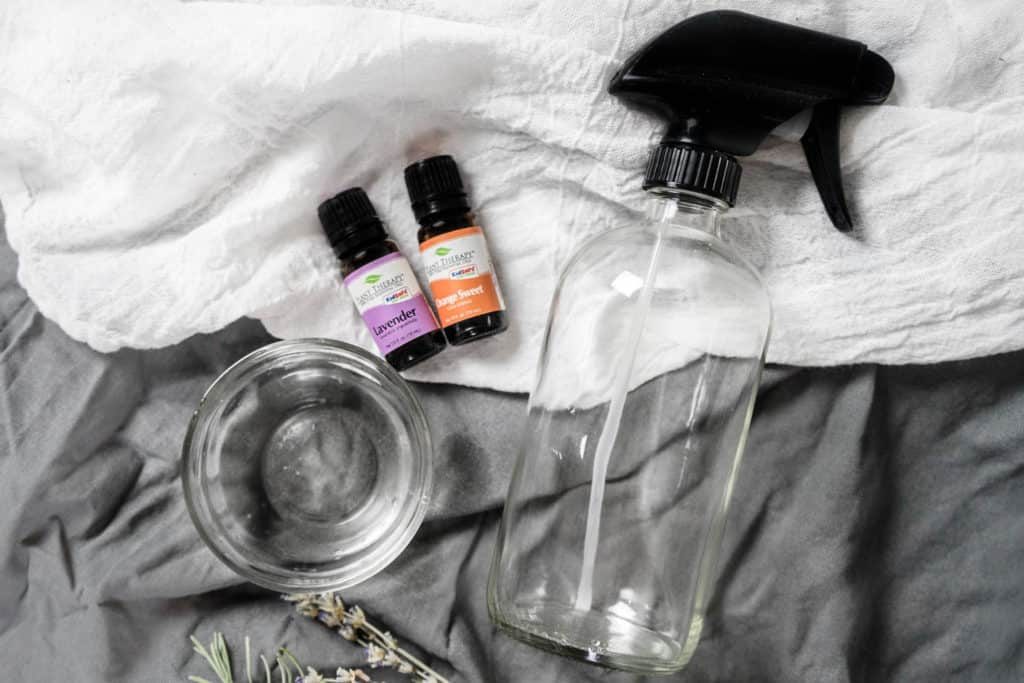
Clean up your cleaning. Not only do many common cleaners contain chemicals harmful to you and the environment, more often than not they come in plastic bottles. Check out companies like Grove Collaborative or Mighty Nest, which make switching to natural cleaners easy. Or, make your own - a lot of home basics like vinegar and baking soda can be used as natural cleaners! Here’s a couple of recipes if you’d rather just reuse an old spray bottle and make your own home cleaner:
- All-purpose cleaner: 1 part white vinegar, 2 parts water, 20 drops of your favorite essential oil. Shake and use! Warning: do not use on stone countertops, as the vinegar will corrode it.
- Granite/marble cleaner: 1.5 c water, ¼ cup rubbing alcohol, a few drops of dish soap, a few drops of essential oil.
- Toilet bowl cleaner - spray with your all-purpose cleaner, or straight vinegar, and allow to sit for 5 minutes. Sprinkle with baking soda, then scrub and flush like normal.
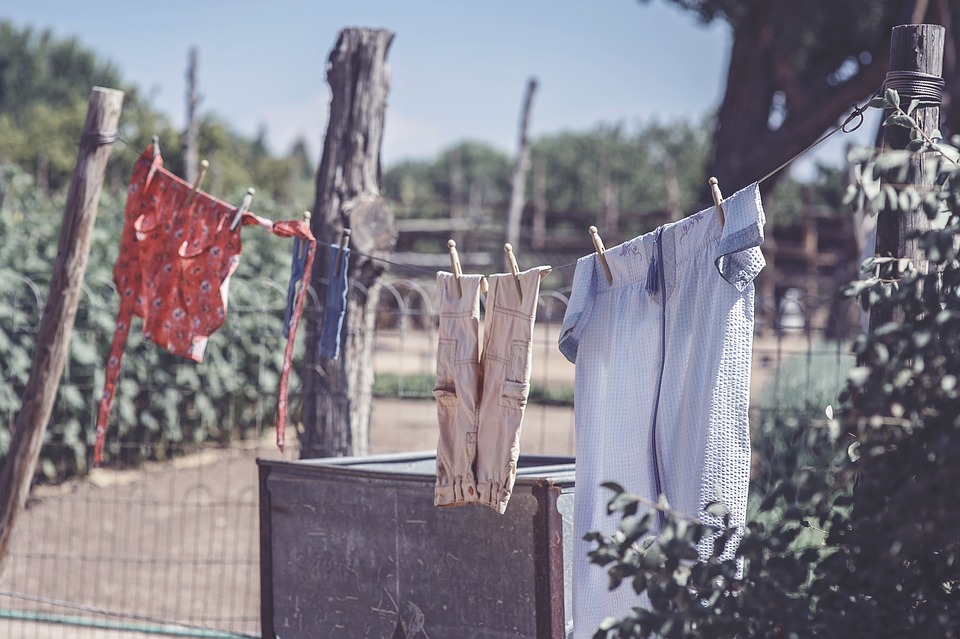
Wash laundry in cold water. It will still get clean. If you live in a place where it’s possible, try hang-drying your laundry afterward to save energy.
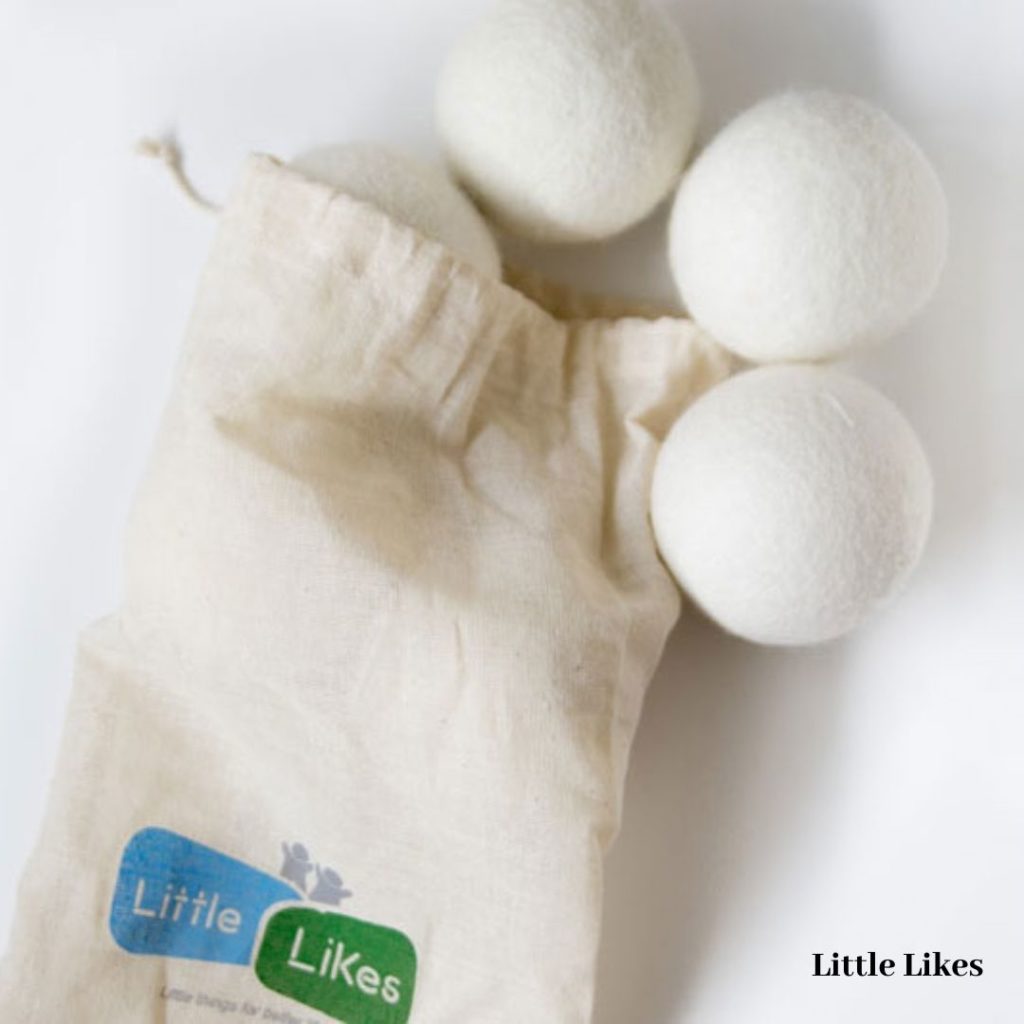
Quit using dryer sheets. If you do need to use the dryer, invest in some wool balls - they do everything dryer sheets do, AND they can be reused! Enjoy fresh, warm laundry with a clear conscience.
We hope you feel inspired to revamp your 2020 resolutions and include some of these green goals. For more inspiration, check out these resources we love:
Books: “Live Green,” by Jen Chillingsworth, “Zero Waste Home,” by Bea Johnson (also a blog!)
Blogs: Going Zero Waste, Wasteland Rebel, Attainable Sustainable
Article: 101 Ways to Live Sustainably, from Curbed
